|
Perseverance Quotes
Well Hall Pleasaunce
World's Strongest Man
Autumn Leaves
Perseverance Quotes (5 October
2013)
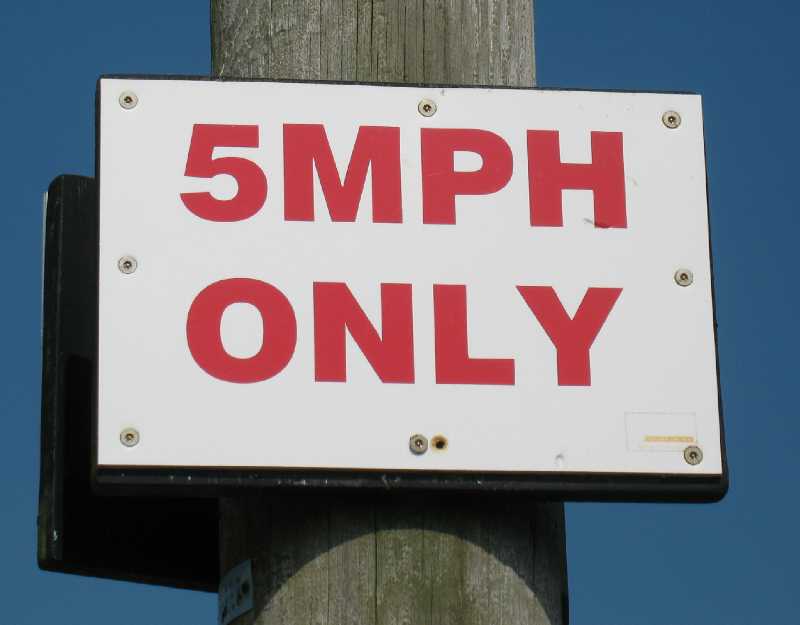
Snail's ultimate ambition
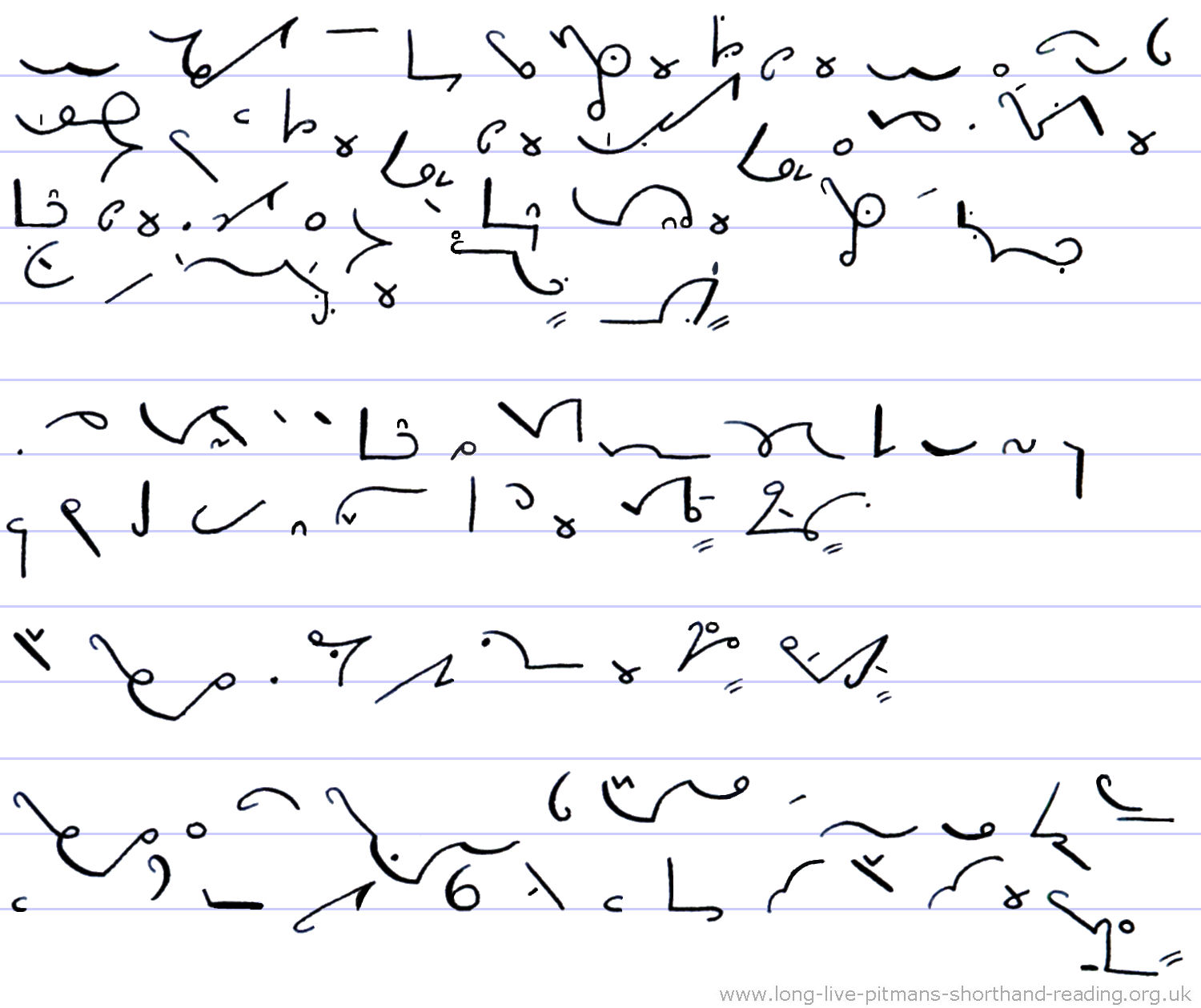
Nothing in this world can take the place of persistence. Talent will
not; nothing is more common than unsuccessful people with talent. Genius
will not; unrewarded genius is almost a proverb. Education will not; the
world is full of educated failures. Persistence and determination alone
are omnipotent. Calvin Coolidge
The most valuable of all education is the ability to make yourself do
the thing you have to do, when it has to be done, whether you like it or
not. Aldous Huxley
By perseverance the snail reached the ark. Charles Spurgeon
Perseverance is more prevailing than violence; and many things which
cannot be overcome when they are together, yield themselves up when
taken little by little. Plutarch

Job interview +
The only shorthand
writer = M-N-P-L-
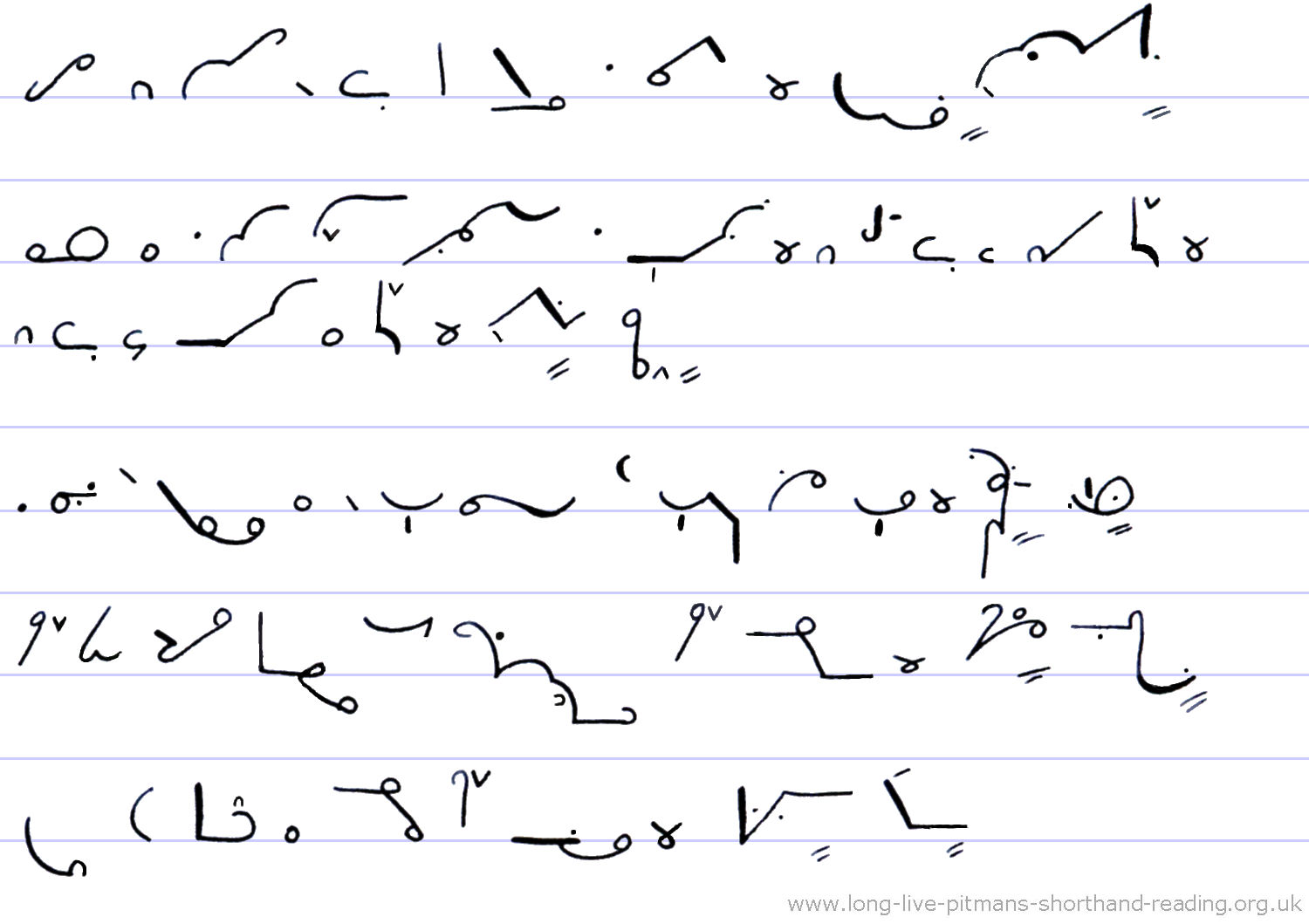
Once you learn to quit, it becomes a habit. Vince Lombardi
Success is a little like wrestling a gorilla. You don't quit when you're
tired. You quit when the gorilla is tired. Robert Strauss
The secret of business is to know something that nobody else knows.
Aristotle Onassis
High achievement always takes place in the framework of high
expectation*. Charles Kettering*
If you think education is expensive, try ignorance. Derek Bok
* "Kettering" Names tend to take
more full strokes rather than shortening devices, hence Stroke Ing and
not Dot Ing, for greater clarity and inserting of vowels
* "expectation" Optional
contraction

Forewarned is forearmed
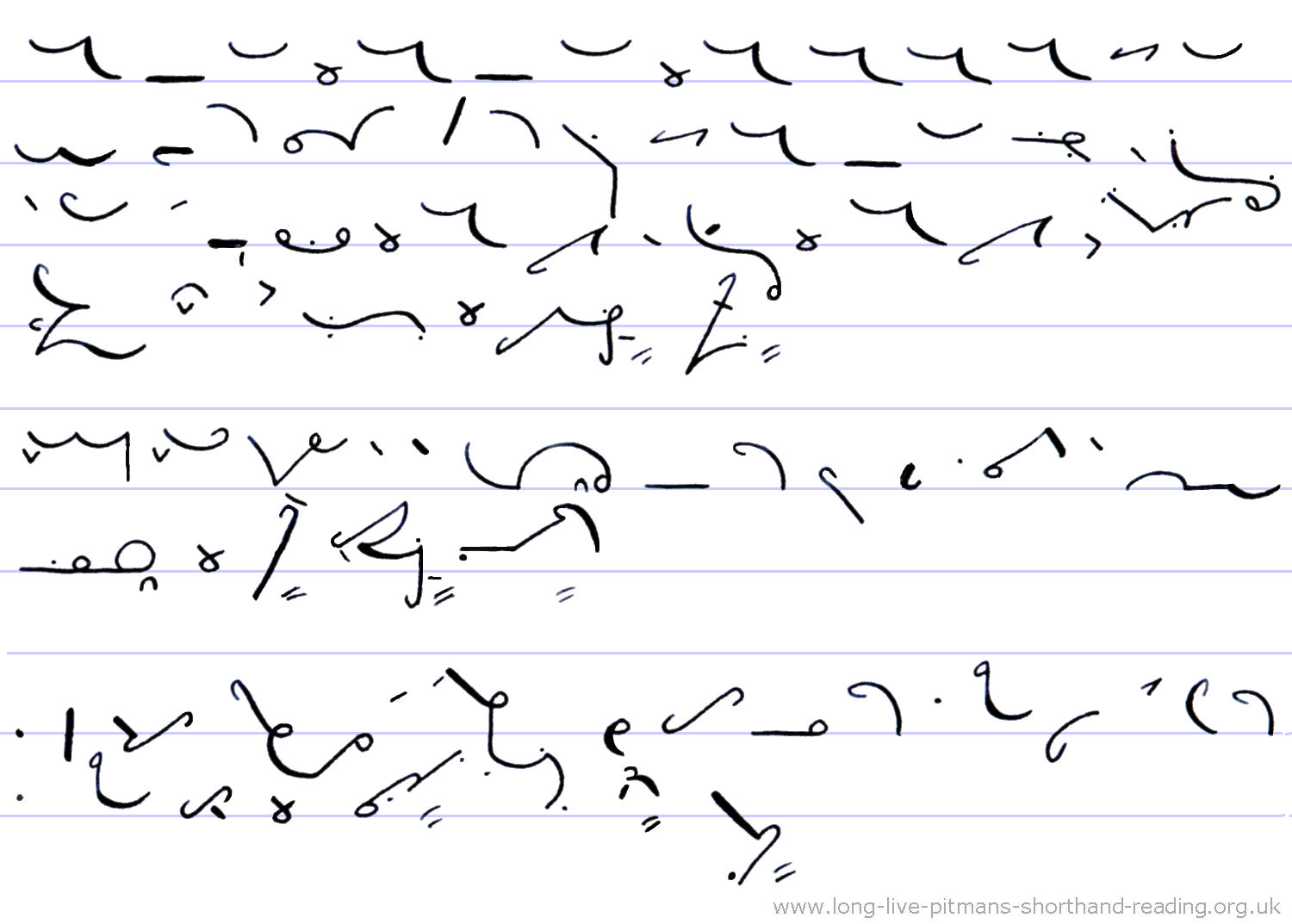
Never give in. Never give in. Never, never, never, never – in nothing,
great or small, large or petty – never give in, except to convictions of
honour and good sense. Never yield to force. Never yield to the
apparently overwhelming might of the enemy. Winston Churchill
Ninety-nine percent* of all failures come from people who have a habit of
making excuses. George Washington Carver
The difference between perseverance and obstinacy is that one comes from
a strong will and the other from a strong won't. Henry Ward Beecher
(275 words)
* "ninety nine percent" If you
choose to write numerals 99, then use plain stroke P for "per cent" In
the longhand, words have been used here, as sentences should not start
with a numeral, but this rule does not apply to shorthand.
Top of page
Well Hall Pleasaunce
(11 October 2013)
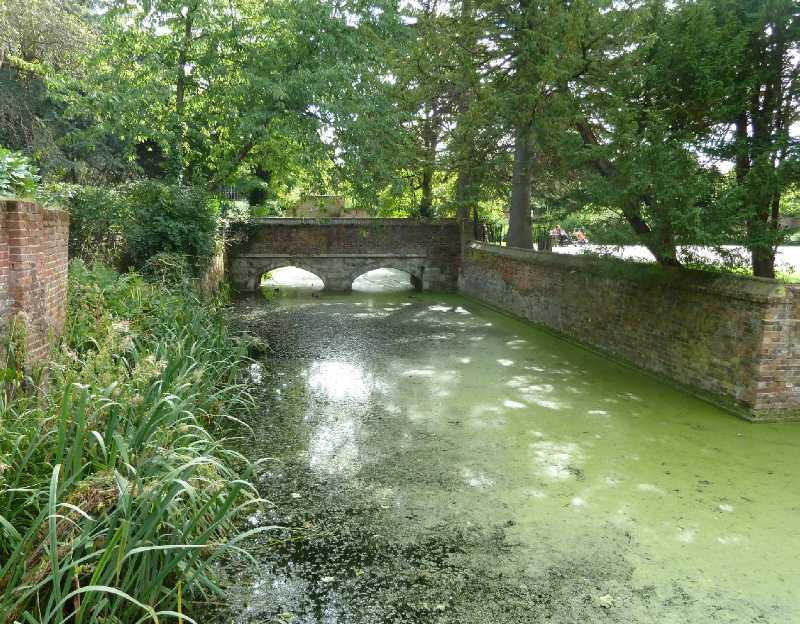
Mediaeval stone bridge over the moat
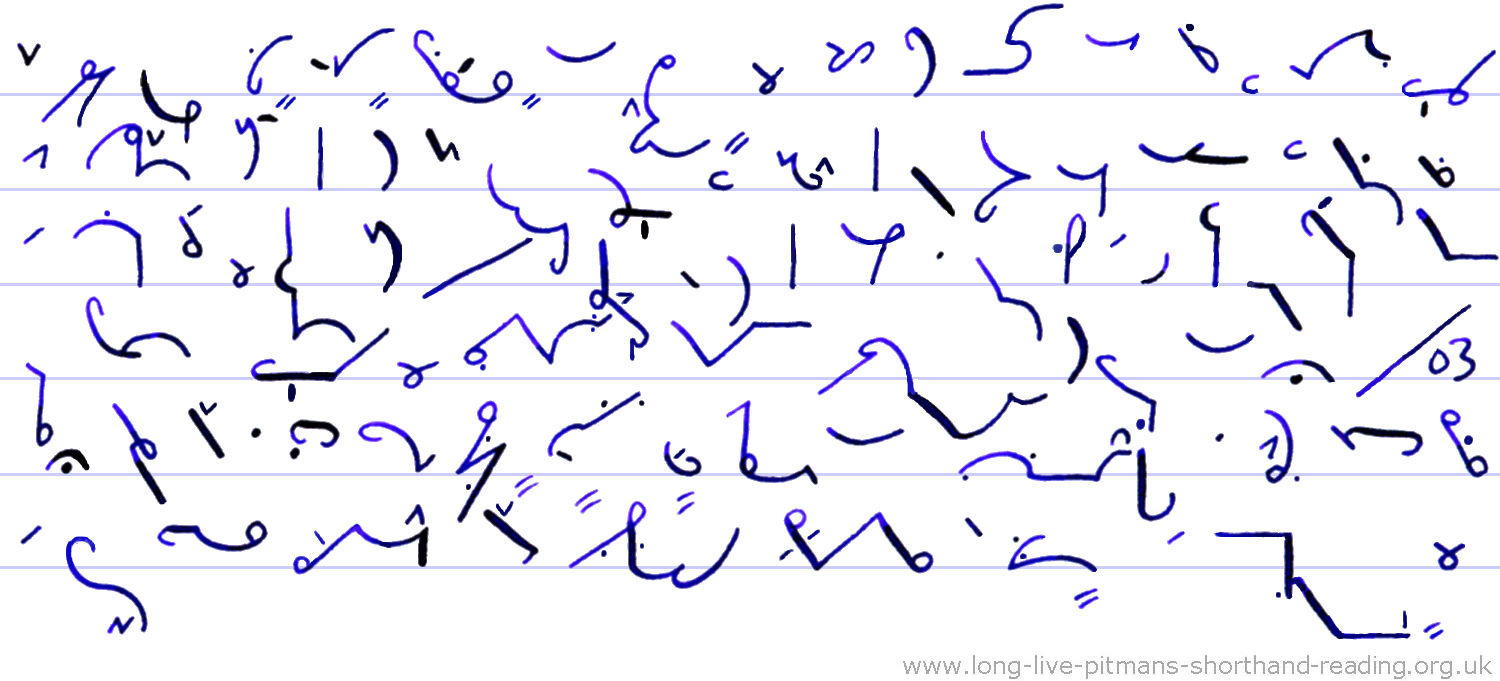
I recently visited Well Hall Pleasaunce in South London. I went there
occasionally in the past, when I lived closer, and the last time* I saw
it was about 15 years ago, when I found it to be fallen into neglect,
with bare beds and empty ponds. At that time I was rather disappointed
to see it in such a poor state, and wished that it could be* brought back
to its former glory. Happily, the park refurbishment was completed in
May 2003*, made possible by a grant from the Heritage Lottery Fund, and
it is now in immaculate condition, an oasis of green space and flower
gardens surrounded by the residential suburbs of Eltham* and Kidbrooke.
* Omission phrase (las(t)
time"
* "that it could be" Two separate
phrases, in order to keep the "could" clearly in its own position, so it
is not misread for "can"
* Long slash representing current century, arbitrary sign with no
phonetic value
* Pronounced "Eltam" here, but may be different for same place name
elsewhere in England. The second dot is the vowel before the M, and not
after the halved L stroke.
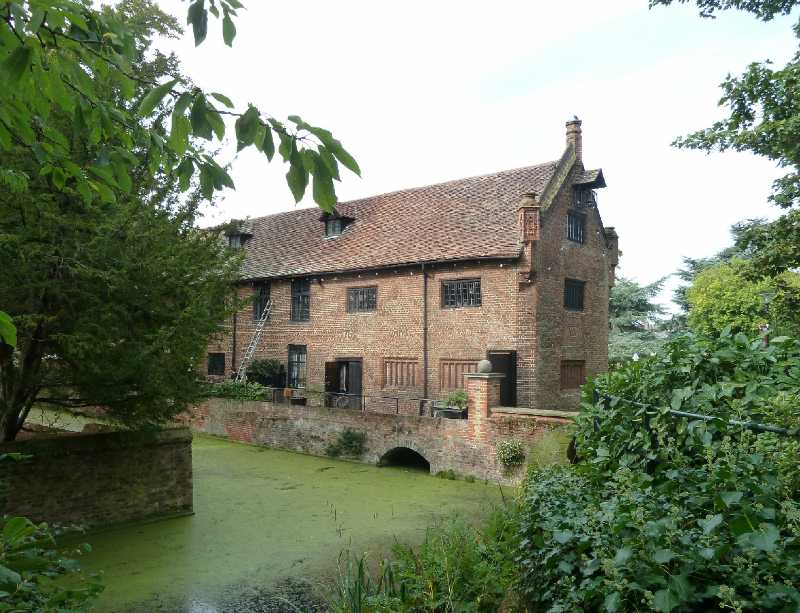
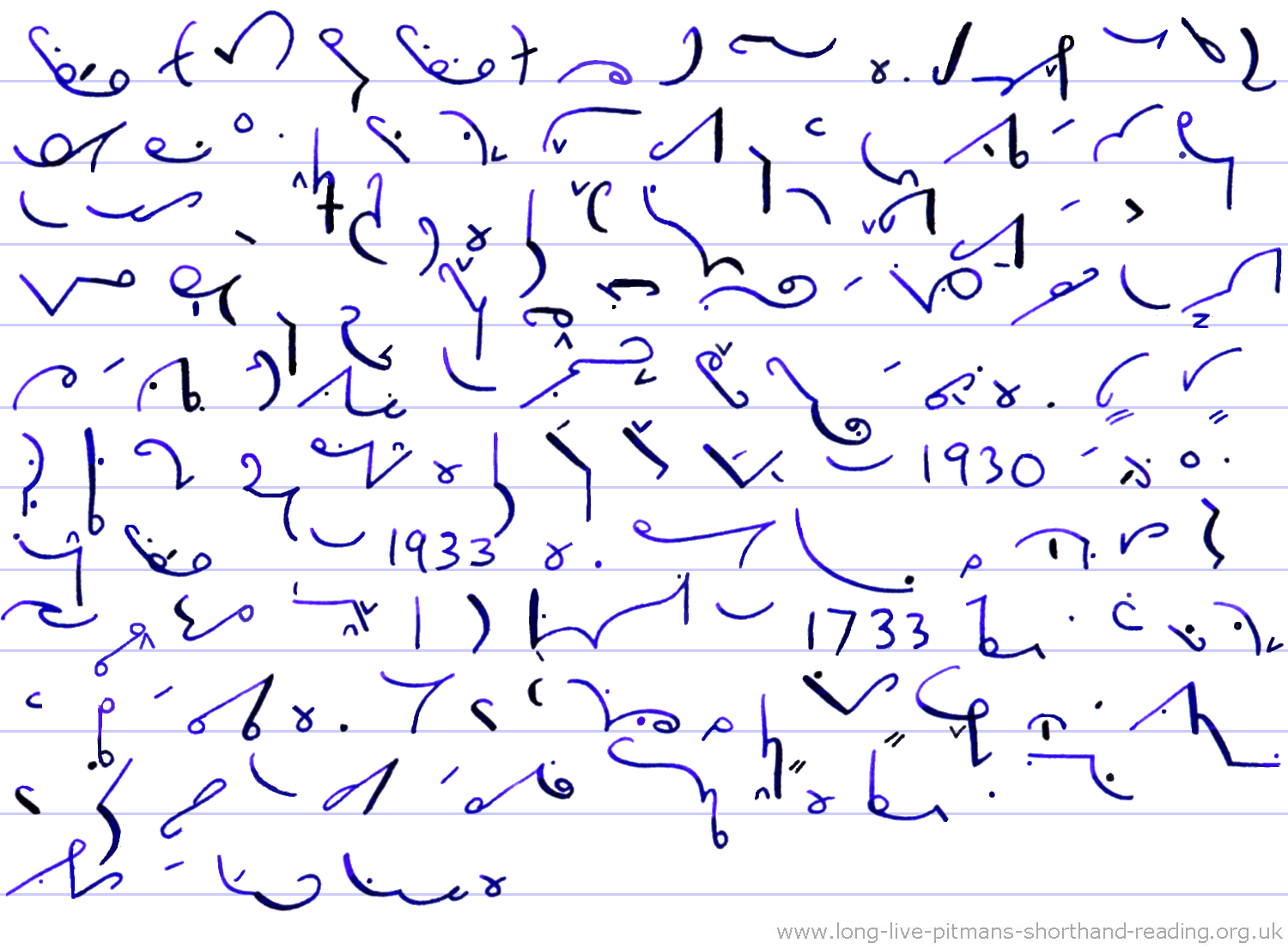
Pleasaunce (also spelled pleasance) means pleasure garden. The general
countryside in the past was not necessarily* seen as an outdoor play
area, like we do today, with few roads and little safety for anyone to
travel through. It was either farmed or wildwood, and all the parks, as
we know them today, would have been the private grounds of grand
mansions and palaces, reserved for royalty, lords and ladies, and their
retinue, for recreation, supply of provisions and hunting.
The Well Hall estate dates from the 13th century. It was bought by the
Borough in 1930 and opened as a community pleasaunce in 1933. The
central feature is the moated island, although the manor house that once
occupied it was demolished in 1733 and it is now a flat paved area with
seats and hedges. The only building that remains is the Tudor Barn
alongside the moat, a red brick building which was used for storage and
servants’ quarters. It is now a café, restaurant and function venue.
* "necessarily" Downward L to follow the same anticlockwise motion
of the Ses circle, which also keeps the outline compact (despite the
final vowel)
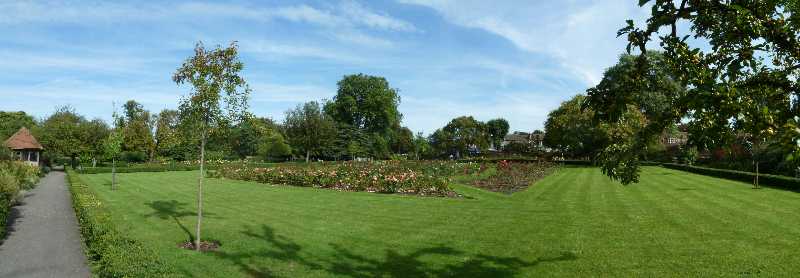

Next to the moat is a large square rose garden, quartered by crossing
paths, with rose beds in geometrical shapes each containing one colour
of flower. Along the edges are ornamental cherry and crab apple trees,
and around the perimeter are wide herbaceous borders filled with tall
plants, backed by ancient high brick walls. The replanting was designed
to reflect the original 1930’s design.
In the centre of the square is a circular sunken pond surrounded by a
low rock wall. The tall fountain is shaped like a pile of rocks, above
which are three fishes supporting two dishes and topped by two child
figures holding the water spout. The fish have dolphin-like faces with
forward facing eyes and beaks, copying the traditional depictions of
large sea fish (and monsters) before accurate portrayal of real sea
creatures was possible. The constant water flow has led to the growth of
long strings of blanket weed hanging from the bowls and blowing in the
breeze. Behind the rose garden is a bowling green with traditional
wooden hut at one end and a wooden seating bower at the other. Beyond
the trees to one side is a bog garden with tall waving grasses and a
duckweed covered pond.
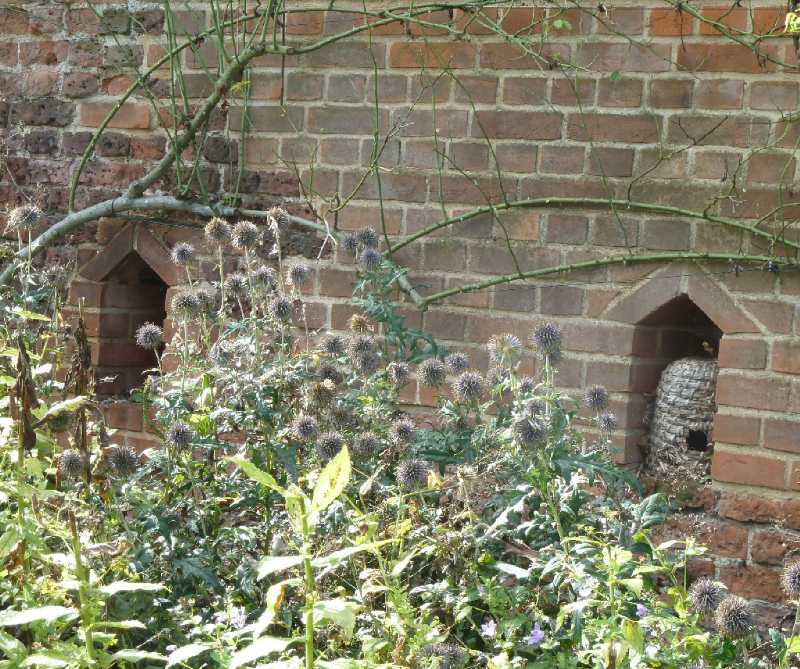
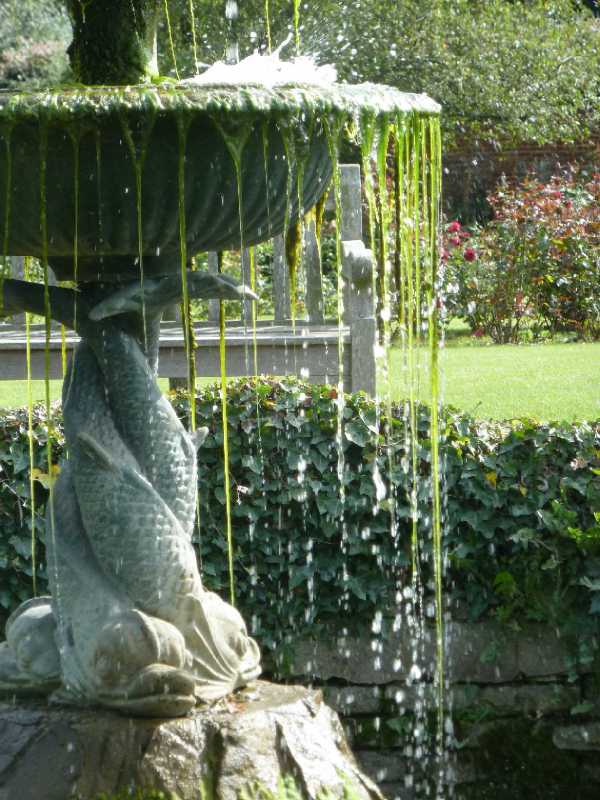
Bee boles and straw skep
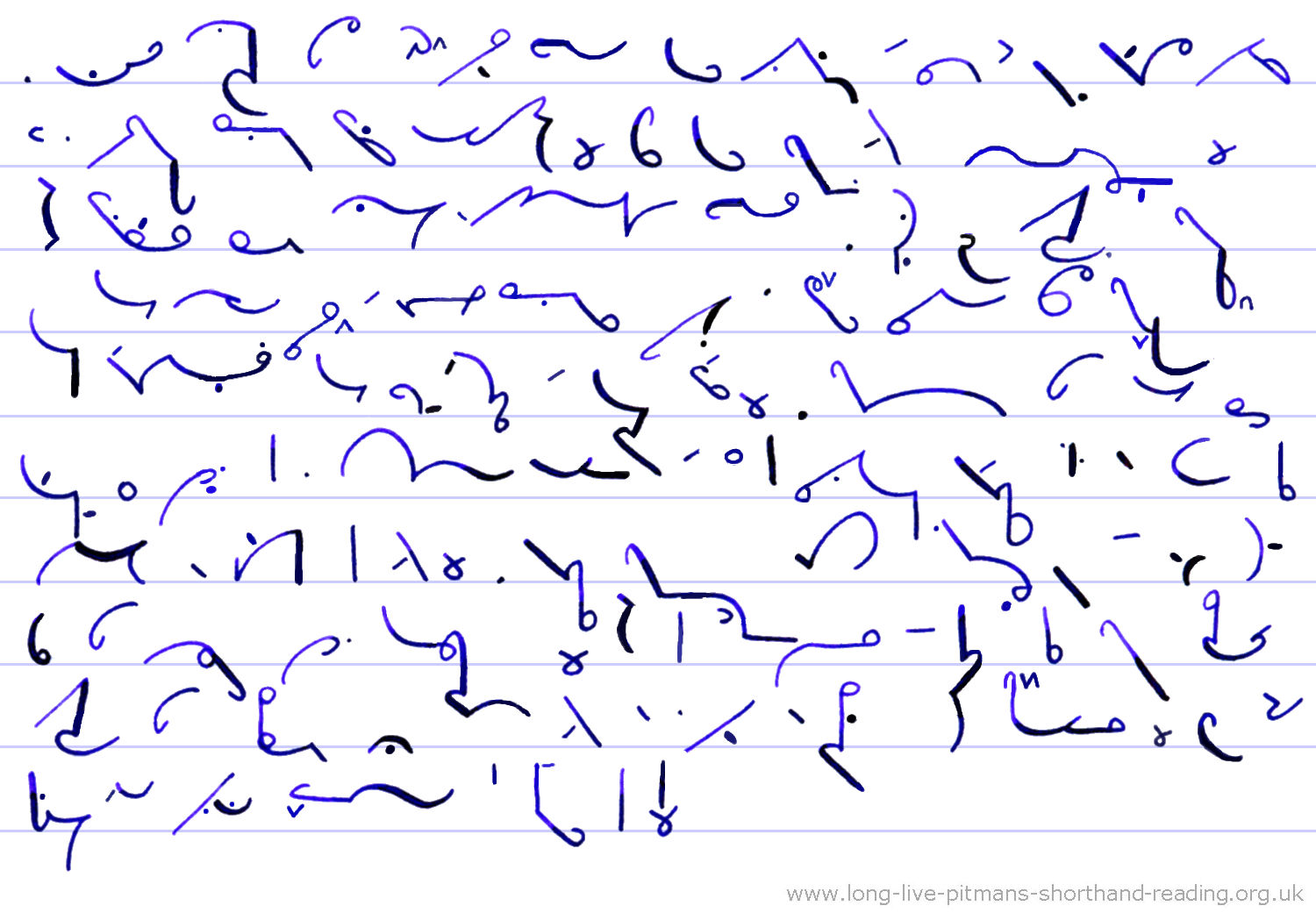
The ancient mediaeval walls around the rose garden have been repaired
and some of the bee boles replaced, with a reproduction skep placed in
one of them. Others have been bricked up many years ago. Although the
pleasaunce is now mainly ornamental gardens the estate would have
originally produced food for the manor house and of course the skeps
yielding a supply of honey, as well as providing pollinators for the
fruit orchards and vegetable plots.
The perimeter wall in the second photo is leaning at an alarming angle
and has had hefty buttresses added all along its length to hold it up.
The buttress brickwork also appears to be quite old so this wall must
have been* leaning for a considerable time*. Although it looks quite
dangerous, it is probably stronger than the original wall as it is now
made up of a row of stable triangles; however I would definitely not
recommend climbing on top of it!
* Omission phrases "must (have) been" and "for (a con)siderable time"
using halving for the T of "time"
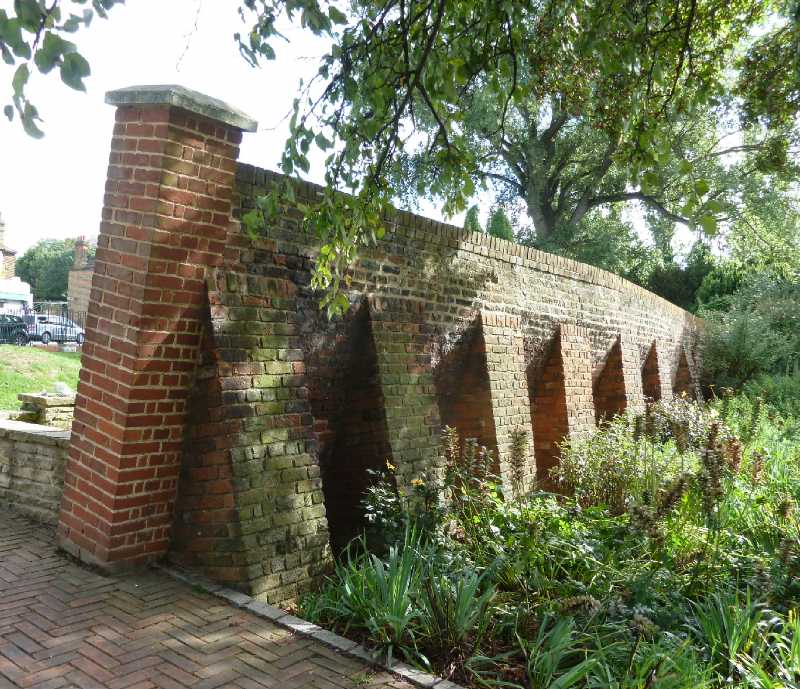
The wall is leaning at the same angle as the buttresses
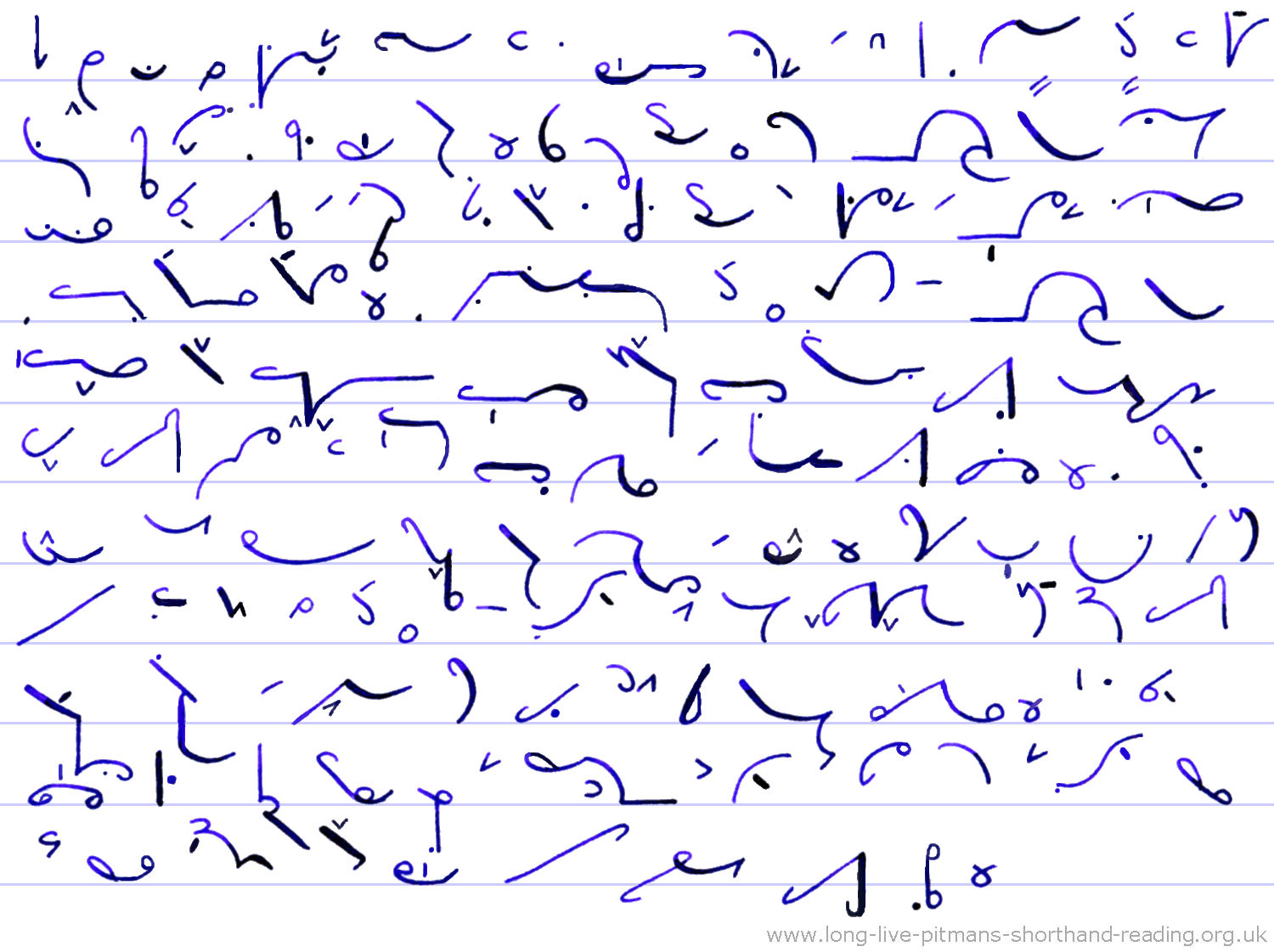
At the south end is the Italianate garden with a sunken area and beyond
it the Long Pond with tall fir trees lining the straight stone path.
This year’s planting is very colourful, being mainly intense hot reds
and oranges achieved by a dense planting of dahlias and coleus amongst
the clipped box balls. The rectangular pond is also quite colourful,
being colonised by cloud-like clumps of bright green blanket weed in
between the white water lilies with glossy green leaves and tangled red
stems. The spraying fountain in the centre provides both movement and
sound. There are no fish, which I was rather glad about as the pond is
quite shallow, and the only wildlife I saw were water boatmen paddling
and rowing their way around just beneath the surface. On a hot summer’s
day it would be pleasant to sit on the stonework of the low walls or on
the shallow steps, with the stones warmed by the sun, rather than using
the wooden seats.
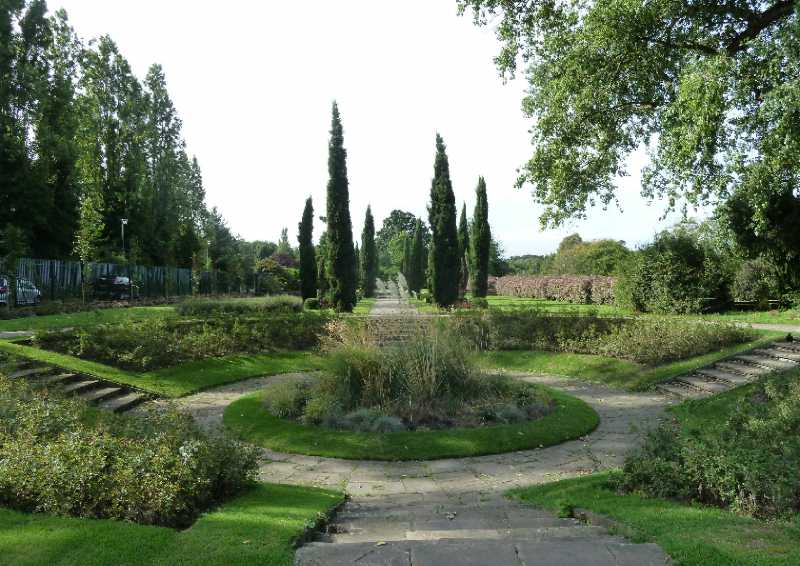
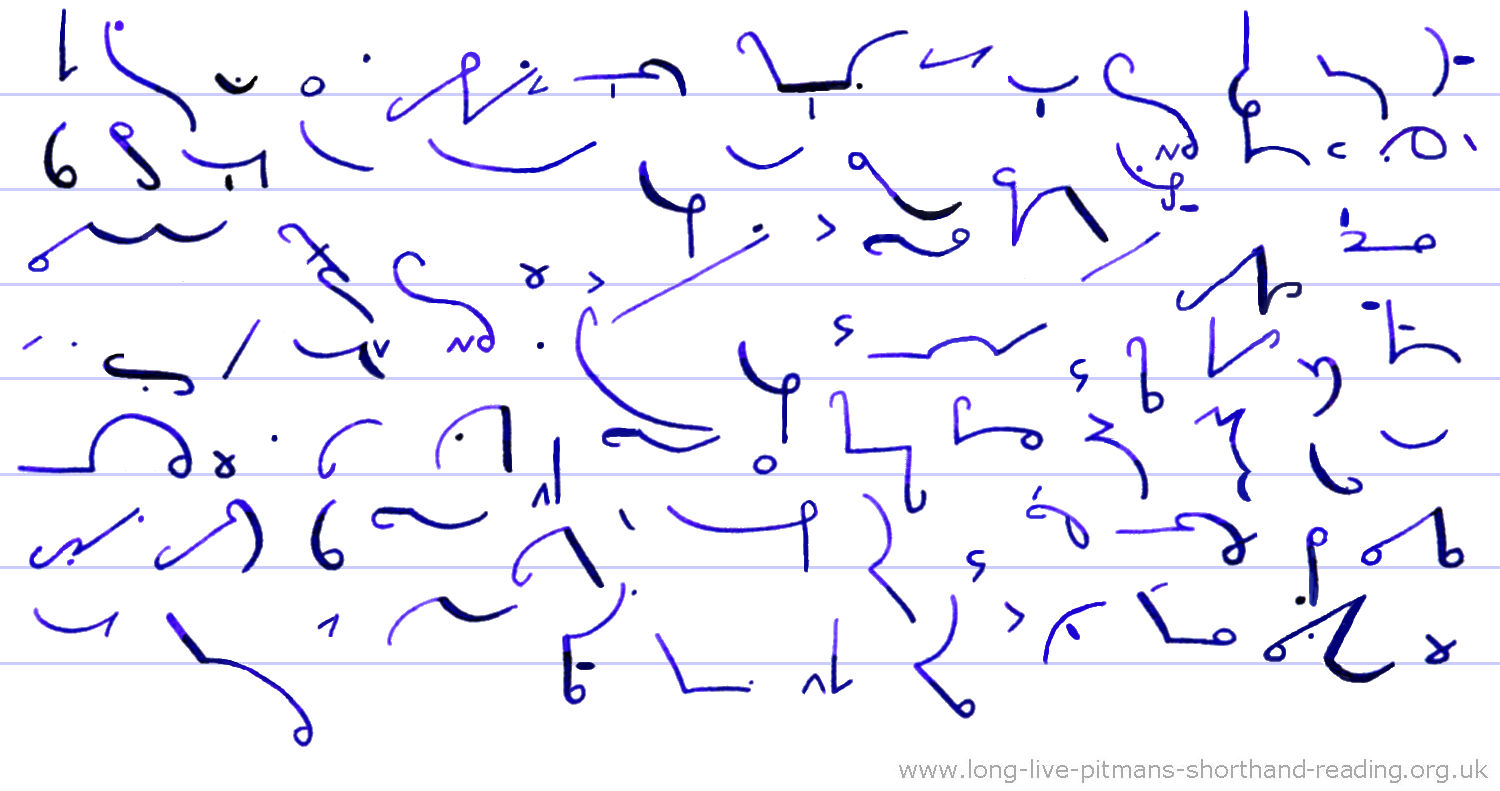
At the far end is a wisteria-covered pergola, no flowers at this time of
year, so this has been noted for another visit in spring when it will be
festooned with masses of hanging purple flowers. To the rear of the
gardens are woodland walks and a glen, which invite a further visit with
the camera when the trees turn to their autumn colours. A well laid-out
garden is attractive at all times* of the year and I think that even in
wintry weather, this garden will be of interest, especially when the
frost covers the seed heads in the borders, and the long shadows pick
out the shapes of the low box hedging. (930 words)
* "at all times" Halving for the T
of "times"
www.wellhall.org.uk
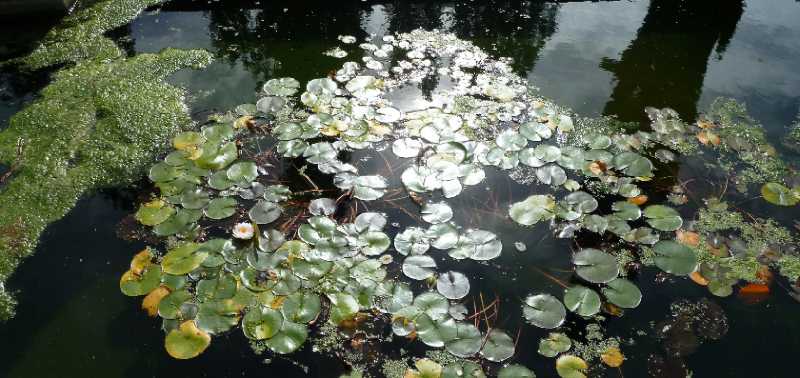
Top of page
World's Strongest Man
(13 October 2013)

Earlier this evening I was watching on television the World’s Strongest*
Man competition held in Los Angeles in 2012*. I do not spend an
inordinate amount of time watching TV but when I settle into the
armchair, I am usually only interested in the gentler subjects such as
nature, history or craft work. However, I do find the Strongest Man
programme quite compelling, and, meaning to only catch a few minutes of
their "hard labour", I often end up seeing it all, mesmerised by the
truck pulling, car lifting, stone humping and keg tossing. All the
while, I am constantly comparing their efforts with my own struggles
with stubborn jam jar lids, heavy shopping, shifting half a bag of sand
along the garden path, or moving out the iron garden bench in order to*
sweep up behind it, as well as putting it back again. Even a
recalcitrant ring pull on a can has me wishing to call upon their*
services to open it safely and easily. These men would find such tasks
easier than blowing a feather away.
* "strongest" Optional contraction, omitting the G stroke, similarly
"longest"
* Long slash representing current century, arbitrary sign with no
phonetic value
* Omission phrase "in ord(er to)"
* "upon their" Doubling to represent "their"
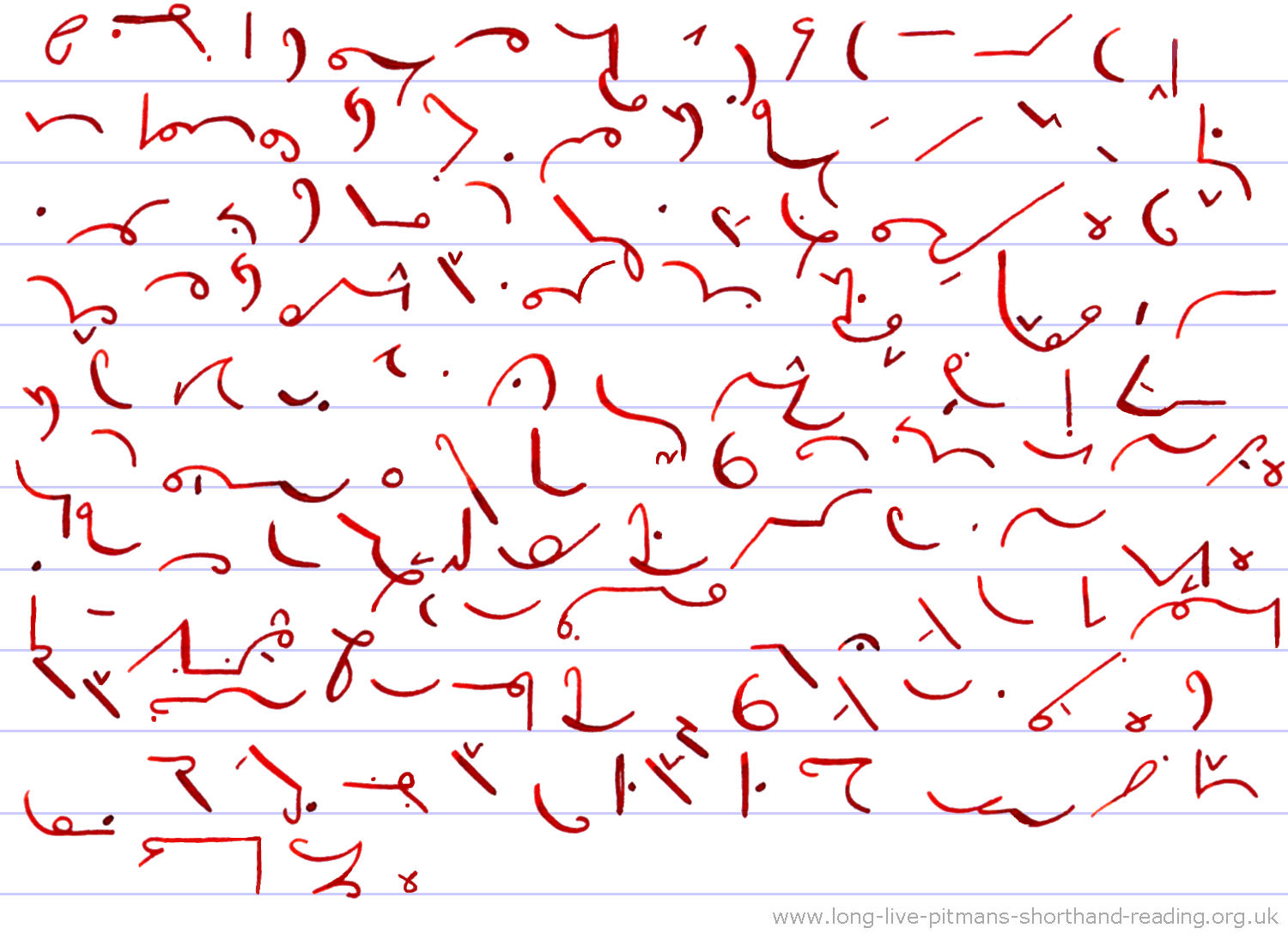
Whilst gasping at their seemingly impossible endeavours, and the ease
with which they can carry them out, I am at the same time* concerned that
they are approaching the limits of their strength and are about to tear
a muscle, hurt their backs or burst a blood vessel somewhere. Then I
remind myself that they are surrounded by a small army of trainers and
advisers who look to their every health need, and that a lazy viewer
lounging on the sofa, eating junk food or smoking, is probably doing
themselves more harm in the long run. The strong men have obviously done
the necessary training regularly over a long period. It would be quite
ridiculous to suggest that any slackness could be made up for at the
last minute*, by cramming in extra training to build themselves up in a
hurry. Their physique cannot be obtained except by even, day-by-day
growth, including resting time and correct nourishment.
* "at the same time" halving for
the T of "time"
* Omission phrase "las(t) minute"
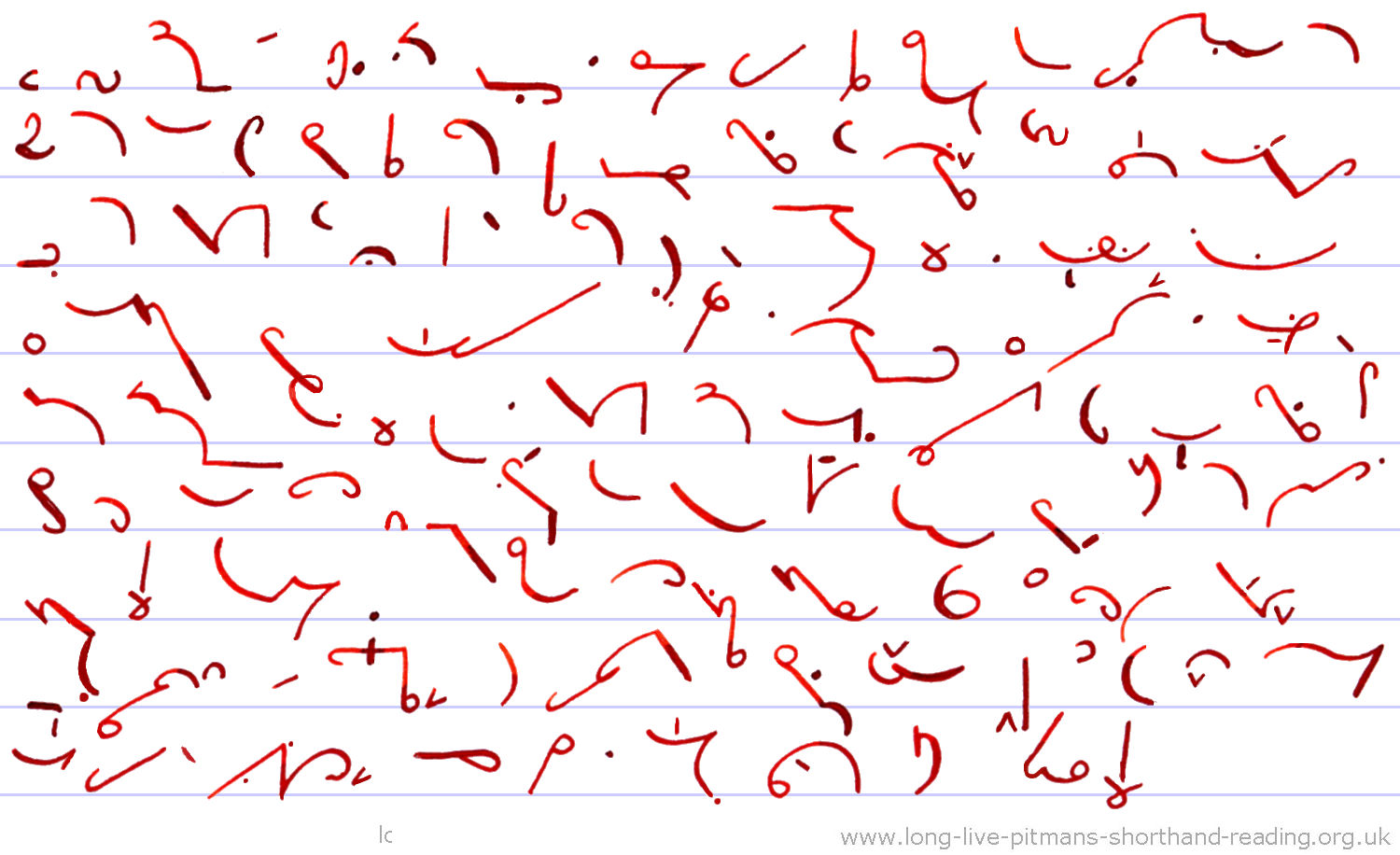
When you have worked and trained hard to gain a skill, whether it is the
strength for weight-lifting, or shorthand, or any other subject, it is
very difficult to accept "praise" that implies that you have some inborn
gift or ability that made it all very easy to accomplish. The innocent
commenter is in all probability blissfully unaware that such an
implication is really an insult to all your hard work. If an ability
were indeed inherited, then no praise at all has been earned, any more
than you could* be applauded for being tall, having blue eyes or
learning to breathe! Fortunately the Strong Man competitors all present
themselves as friendly, polite, good-humoured* and courteous, so we will
be spared finding out what they might manage in the way of retaliation
against such an unthinking slur on their achievements!
* "could" No phrased, so it does not look like "you can"
* "humoured" The hooked and halved M stroke is not thickened for the D
sound (as you would with "mud") as that is used by the IMP series,
compare "clamber, clambered"
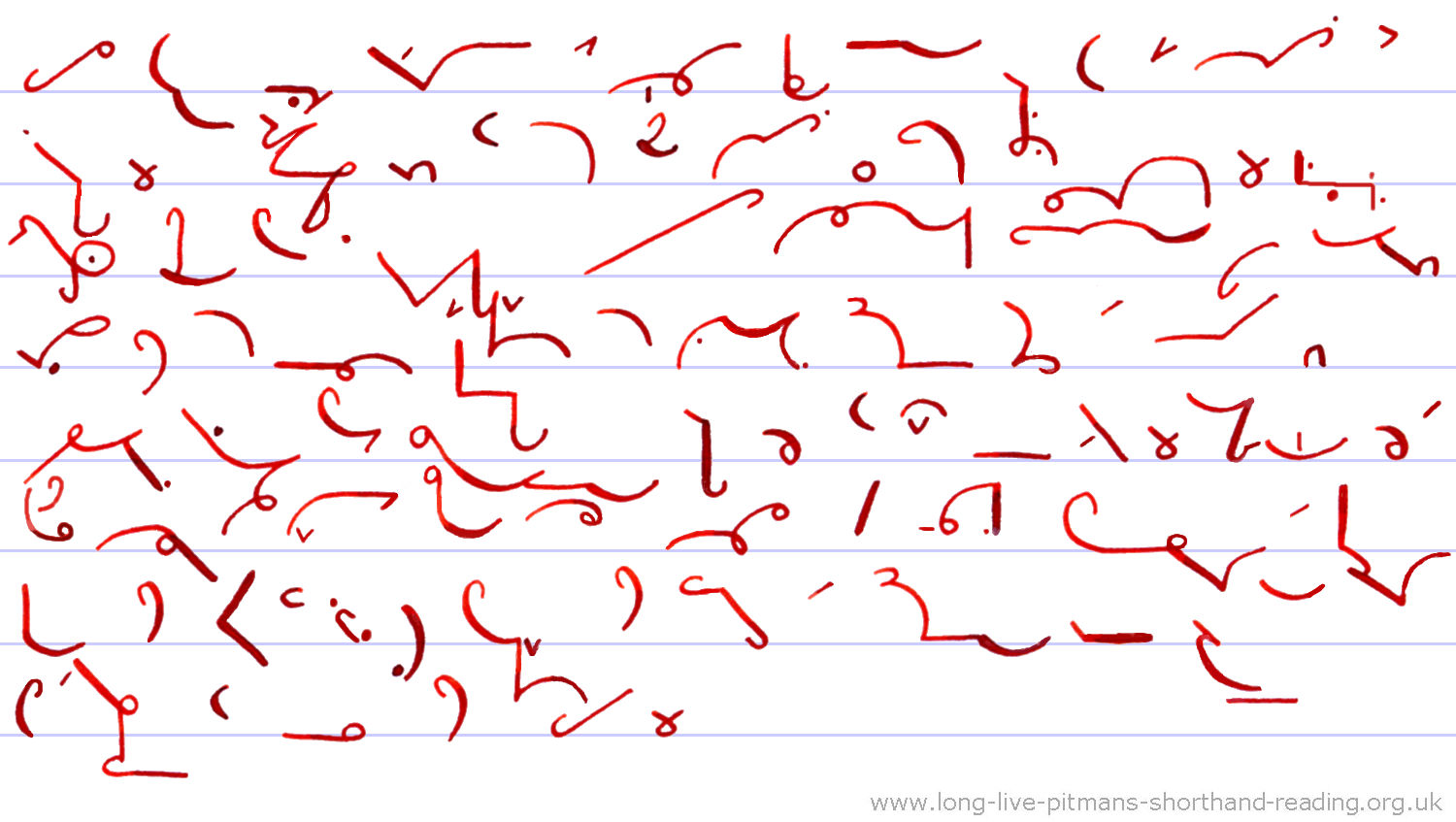
Once they have gained the bulk and the muscle, it is not going to desert
them on the morning of the competition. I would like to suggest* to you
that your shorthand learning is very similar. Dedicated and persistent
training over a period of time, rather than last-minute* cramming, will
enable you to last through your exam dictation or lengthy work
assignment, and carry you reasonably painlessly over the sprinkling of
difficult words that might come up. Knowledge of the common words and
short forms must be* like the strong man’s muscles, large, solid,
flexible and dependable, doing their job with complete ease every time
they are called upon, and working together to overcome any other
obstacle that comes their way.
* Omission phrases "I would like (to) suggest"
"las(t)-minute" "mus(t) be"
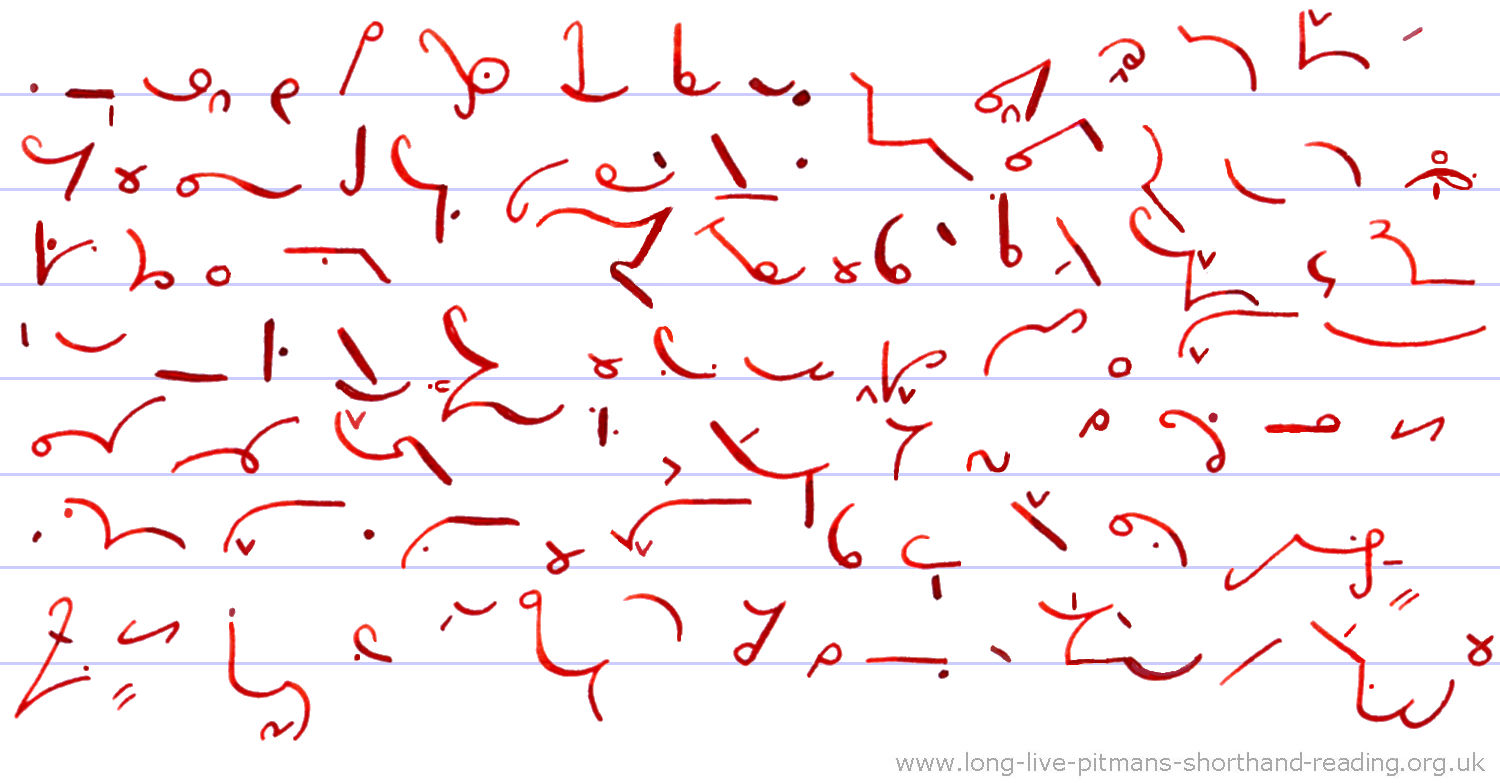
The good news is that such persistent training does not need to take up
huge amounts of your time and energy. Something done every day will soon
become a habit, especially if your self-imposed daily assignment is kept
manageable and pleasant. This all adds up over time, without the
work on any given day becoming overwhelming*. Every new outline learned
is like another small muscle fibre added to the bundle, until you have,
as the phrase goes, "an arm like a leg". I like this quote by Sir
Winston Churchill: "Continuous effort, not strength or intelligence, is
the key to unlocking our potential." (700 words)
* This is the dictionary outline with the Dot Hay against the W-sign
PS: Sheaffer Skrip red ink for the shorthand, to match the men's
faces and eyes as they put in maximum effort to gain the victory.
I wonder if it speeds up shorthand as well?
www.theworldsstrongestman.com
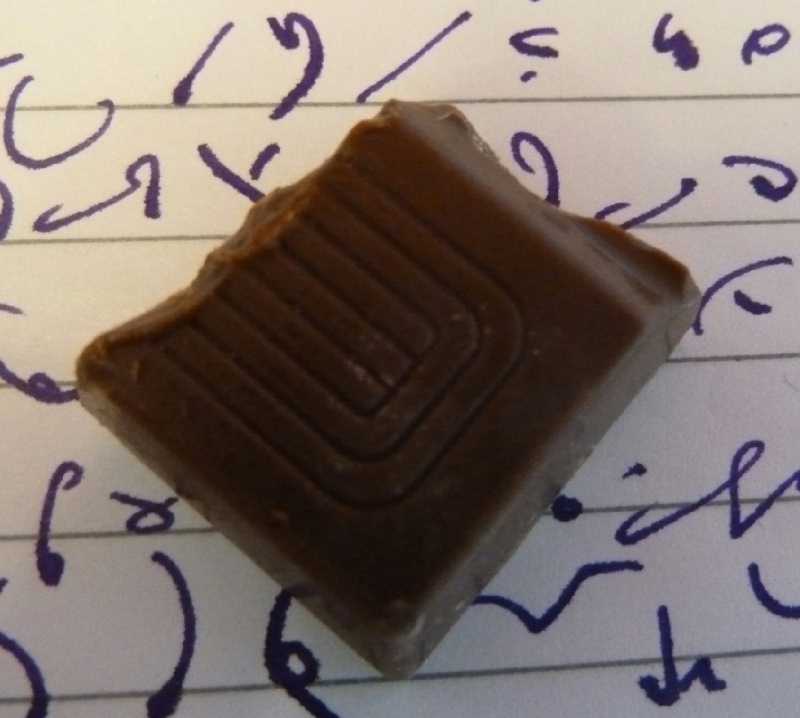
"Strength is the capacity to break a chocolate bar into four pieces
with your bare hands - and then eat just one of the pieces." Judith
Viorst
Top of page
Autumn Leaves (27 October 2013)
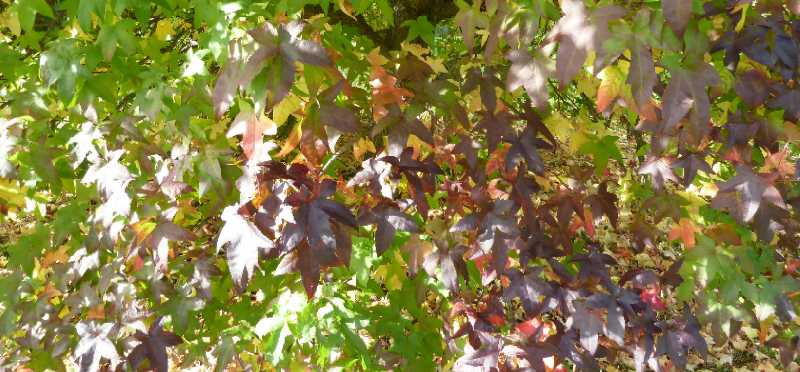
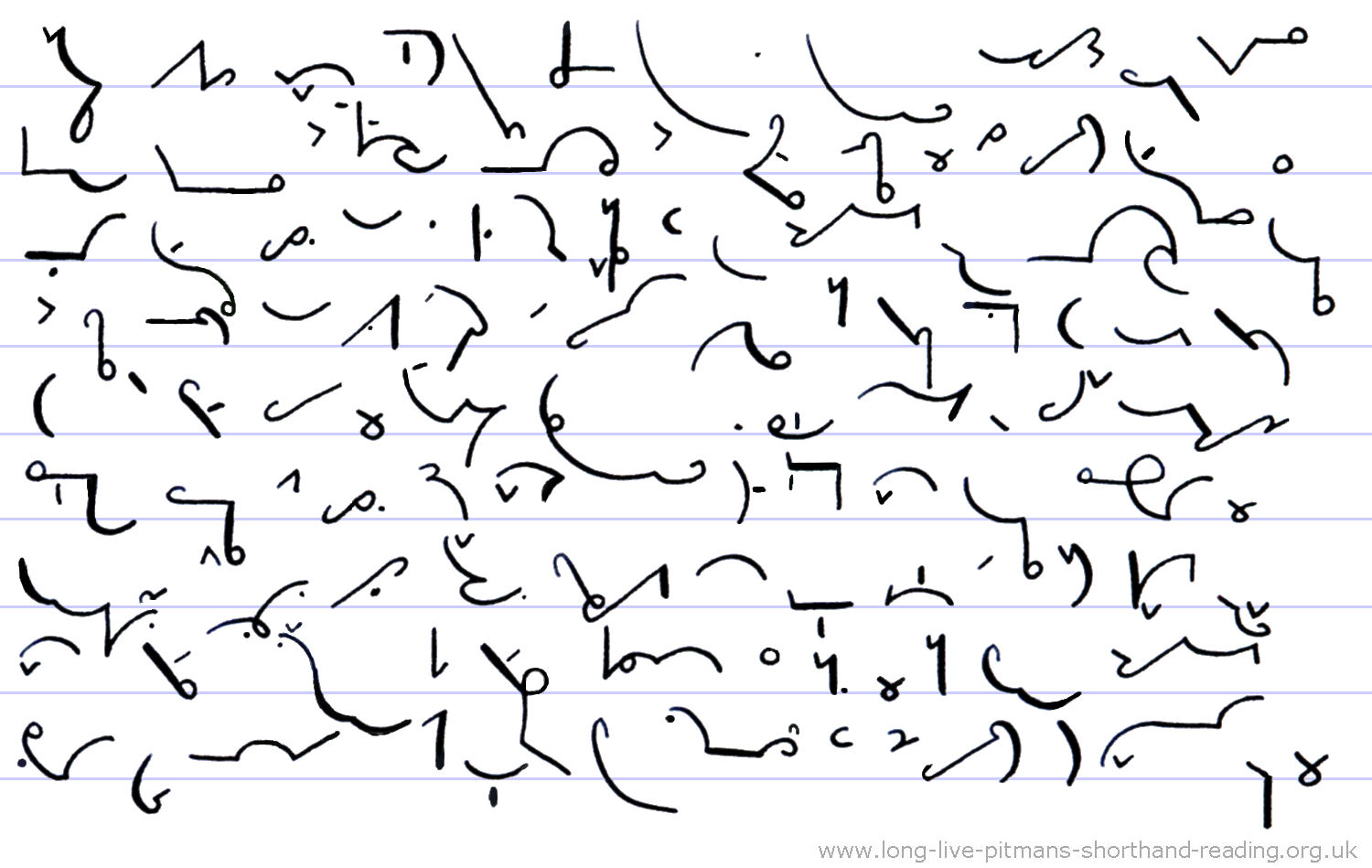
I have just returned to my cosy computer desk after an afternoon in one
of the nearby parks, taking pictures of the autumnal colours of the
shrubs and trees. As the weather forecast is gale force winds in a day
or two, I decided that if I wanted to have colourful photos of the trees
covered in red, orange and yellow leaves, I had better get them now
before they all blow away. Fortunately this afternoon the sun managed to
shine in between the scudding clouds, and the winds were mild, so I got
my photos successfully. Eventually mizzly rain finally persuaded me to
go home, and I was delighted to find my bus arriving at the bus-stop* at
the same time* as I did. I had everything I wanted safely within the
camera and had no further argument with what the weather was likely to
do.
* "bus-stop" Large circle is used for clarity, although only one S is
pronounced. With a small circle it could be read as "bus top"
* "at the same time" Halving for
the T of "time"
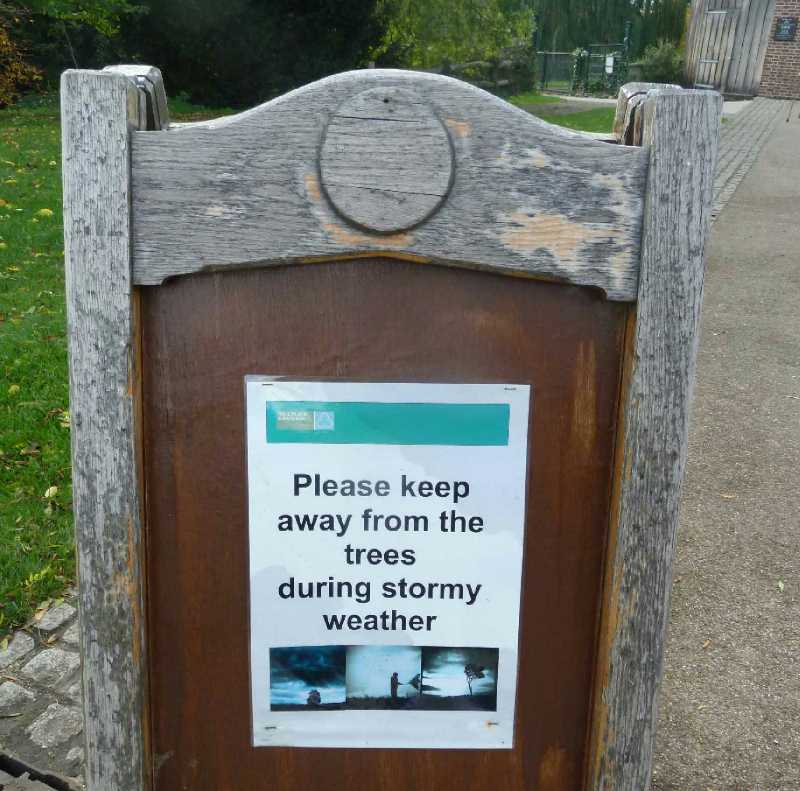
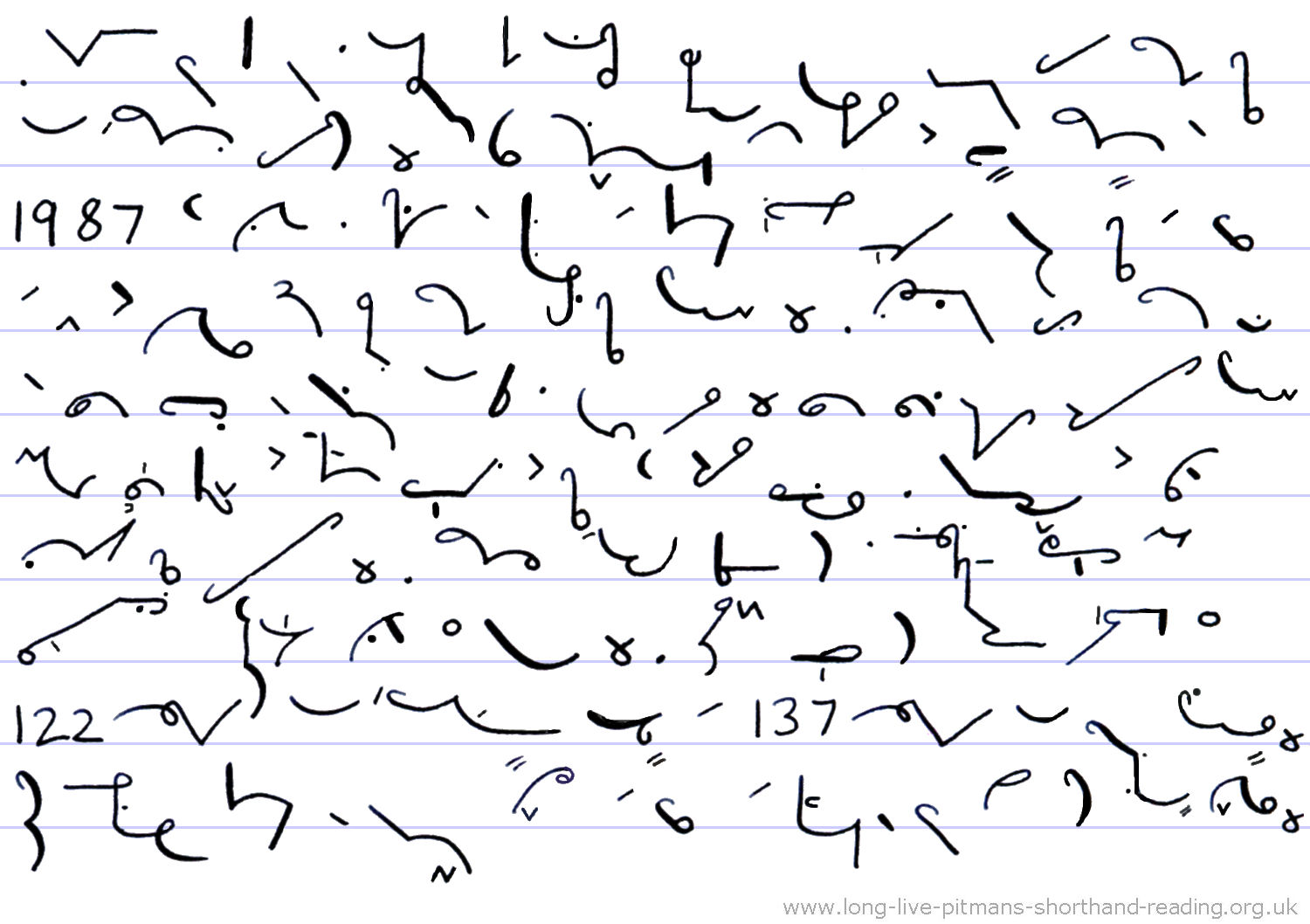
The park people had put a notice board at the entrance instructing
visitors to keep away from the trees in stormy weather. This reminded me
of the Great Storm of 1987 that left a trail of devastation and damage
across the country, both trees and buildings, and how all the leaves
were stripped from the trees overnight. The landscape went from
end-of-summer green to bare in just a few hours. Summer seemed to turn
to winter overnight and I felt somewhat deprived of the autumn glory of
the trees that always signals the beginning*
of the slow march towards winter. The storm’s official description was
an extra-tropical cyclone, and not the hurricane that it was commonly
labelled as being. The highest gust was recorded as 122 miles per hour*
in Norfolk, England, and 137 miles per hour* in
Brittany, France. There was extensive damage to power lines and
buildings, and 22 people lost their lives.
* "beginning" You can also use G+N hook
as an intersection, or written close up to the preceding outline
* Omission phrase "m(ile)s per hour"
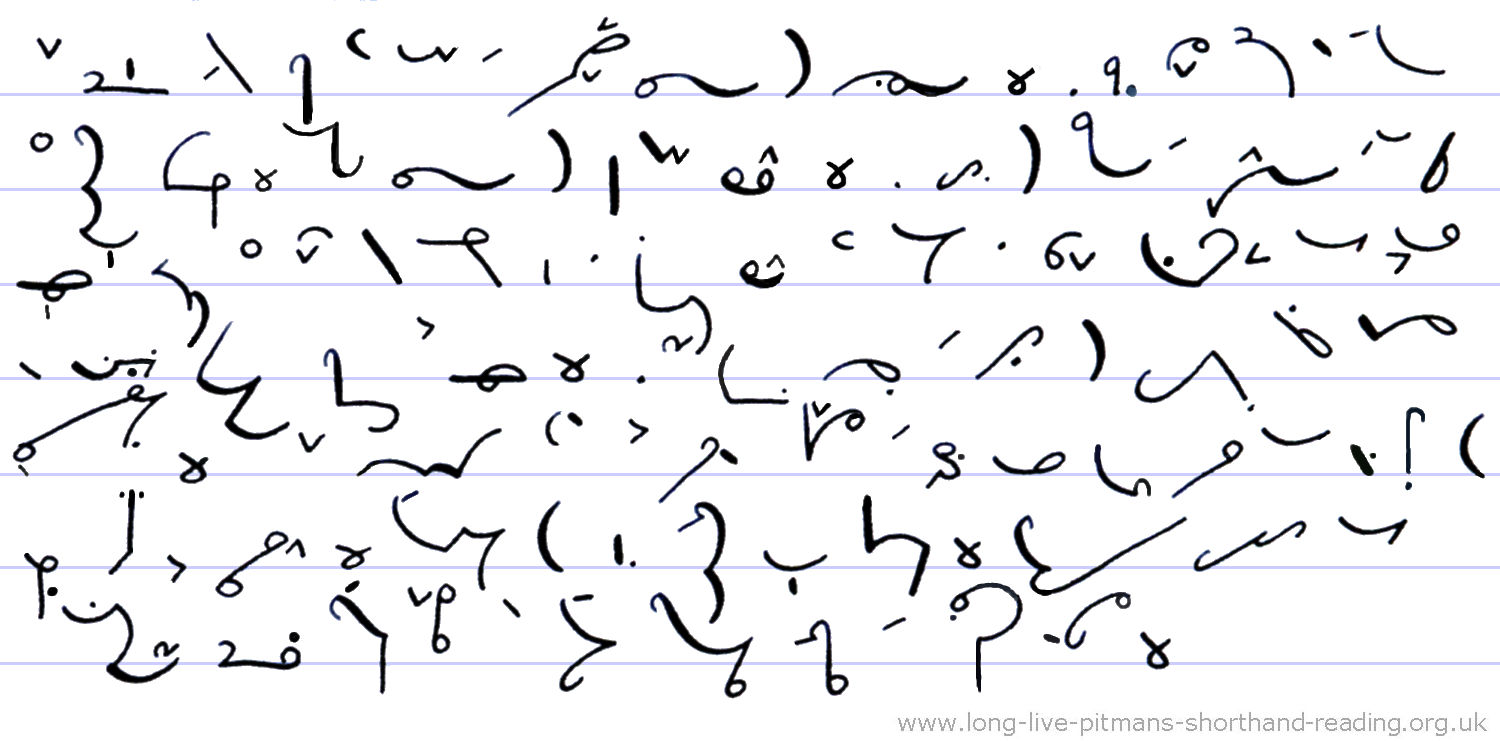
I woke up during that night and realised something was missing. The
street lights were all off as there was no electricity. In addition
something was different about the sounds. The wind was strong and
howling, not just gusts here and there* as might be expected but a
continuous sound with only a slight variation in the noise to indicate
the changing direction of the gusts. The thick mist and rain was
whipping past almost horizontally. I immediately thought of the roof
tiles and spent the next few hours in bed telling them to stay attached
to the house. Fortunately they did and there was no damage. Everywhere
we went in the ensuing* weeks brought sights of fallen branches and
trees, and smashed walls.
* Omission phrase "here (and) there"
* "ensuing" Note that "ensued" has
circle S and stroke D
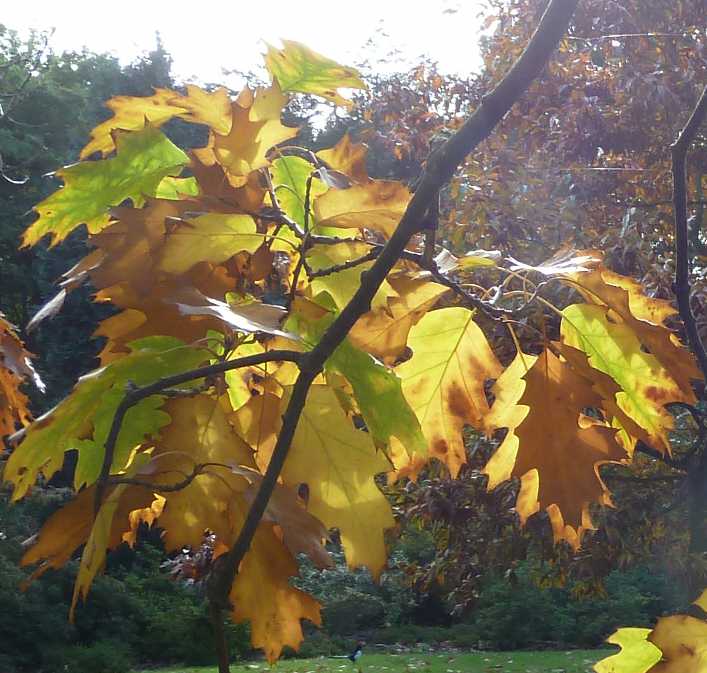
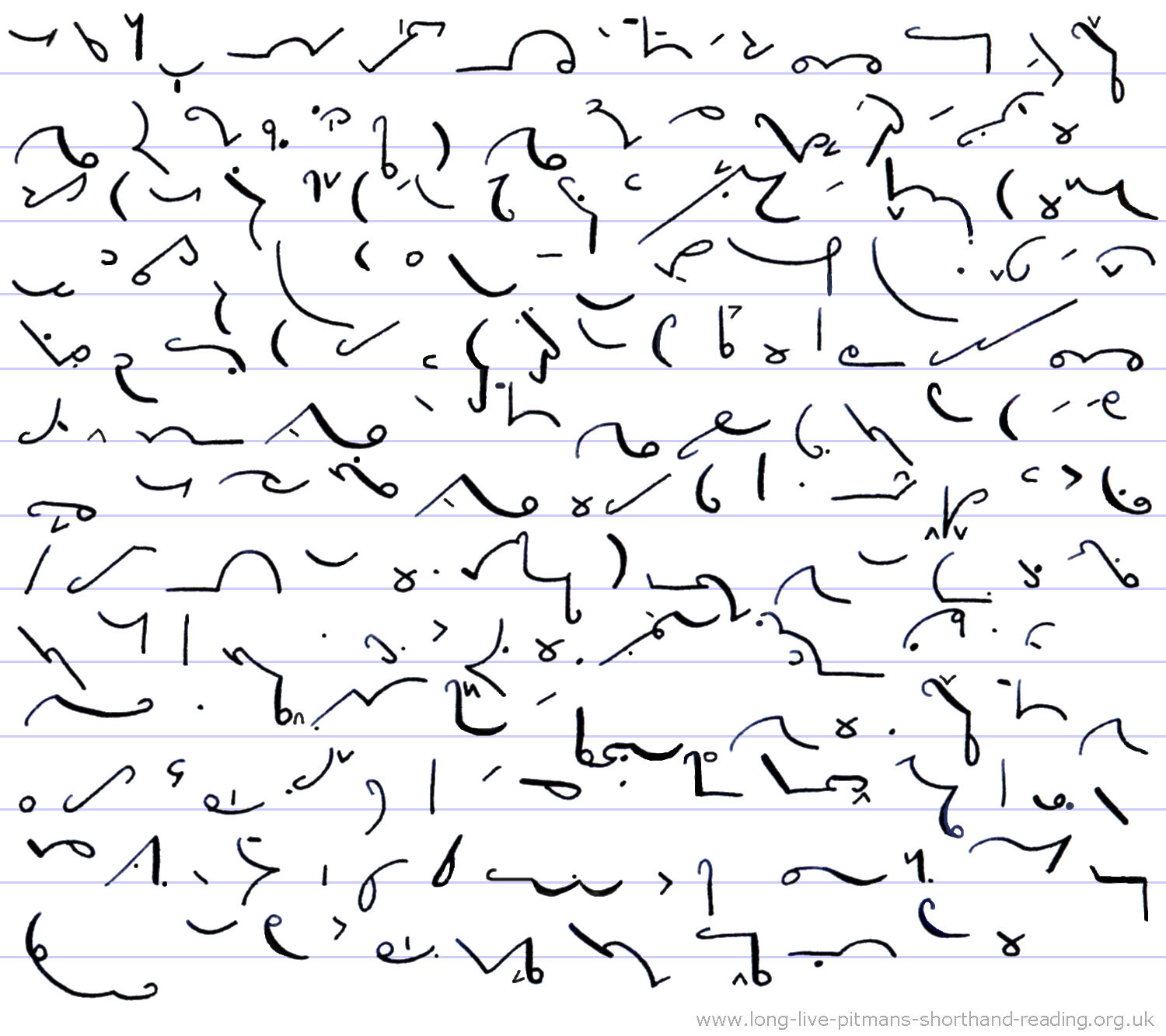
In the past I had no camera to record the colours of autumn, and I would
sometimes collect up the brightest leaves, especially from the street
almond trees whose leaves were the most brilliant orange and yellow. I
washed them in the bath, dried them off and then played with rearranging
and admiring them. I never knew what happened to them after that, as
being quite young, I lost interest after a while and my parents would
have cleared them away when they had been abandoned for other toys. At
school we were sometimes shown how to make rubbings of autumn leaves,
using thin paper over them and soft crayons, in the manner of brass
rubbings. We then had an accurate outline with all the veins, which we
could colour in. An alternative was to cover the leaf in thick paint and
press paper onto it, to produce a print of the shape. The resulting
artwork lasted a lot longer than a rapidly drying and disintegrating
leaf. The brightest autumn leaf is one with the sun shining through it,
and against a dark background, and for this it needs to be almost ready
to fall, but still just clinging to the tree, something I did manage to
get this afternoon in several of the sunny periods, before the clouds
came over. (647 words)
http://en.wikipedia.org/wiki/Great_Storm_of_1987
Top of page
|
|
